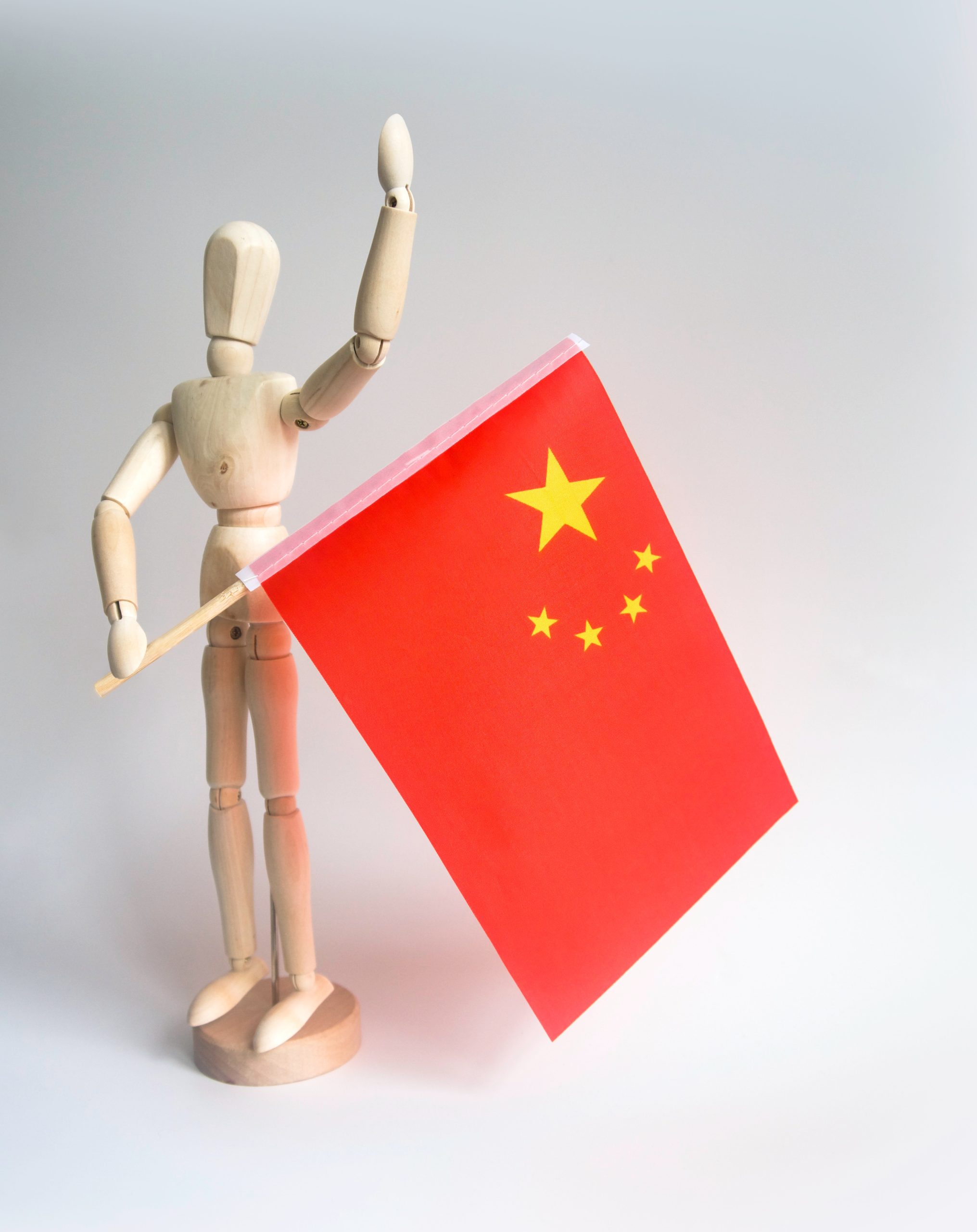In a bold move aimed at reviving its post-Covid economy, the People’s Bank of China has announced its decision to cut interest rates, signaling the government’s commitment to bolstering growth and stimulating economic activity. With the world’s second-largest economy still grappling with the aftermath of the pandemic, this move comes as a significant step towards economic recovery.
The decision, which was unveiled during a press conference held by the central bank earlier today, comes amidst mounting concerns about the sluggish pace of China’s economic rebound. The country, which experienced a severe blow to its economy due to lockdowns and disrupted global trade, has been searching for effective measures to reignite growth and regain its pre-pandemic momentum.
China’s central bank plans to lower its benchmark interest rates by 0.25 percentage points, a move that is expected to inject fresh liquidity into the market and reduce borrowing costs for businesses and consumers alike. This interest rate cut aims to encourage increased spending, investment, and borrowing, thereby fueling economic expansion across various sectors.
The decision to cut interest rates reflects the Chinese government’s emphasis on proactive fiscal and monetary policies to counteract the effects of the pandemic. By reducing borrowing costs, the government hopes to incentivize companies to expand operations, hire more employees, and drive consumer spending, all of which are vital for a sustained economic recovery.
While the interest rate cut is seen as a potential boost to the economy, some analysts raise concerns about its long-term impact. They argue that excessive monetary stimulus may lead to inflationary pressures and the accumulation of debt. Consequently, striking the right balance between short-term economic rejuvenation and long-term stability remains a key challenge for Chinese policymakers.
The announcement has been met with mixed reactions from economists and industry experts. Some believe that the interest rate cut will provide the much-needed impetus for businesses to invest and consumers to spend, thereby boosting economic growth. Others, however, caution that structural reforms and improved market access for both domestic and foreign businesses are equally essential to ensure sustainable and inclusive growth.
China’s move to cut interest rates also reflects the country’s ongoing efforts to navigate the evolving global economic landscape. With geopolitical tensions, trade disputes, and a shifting international order, China aims to secure its economic standing and maintain its role as a major global player.
As China’s economy strives to recover from the impact of the pandemic, this interest rate cut represents a critical step in the government’s efforts to stabilize and revitalize its post-Covid economy. The effectiveness of this measure and its potential consequences will undoubtedly shape the trajectory of China’s economic recovery in the coming months.
Disclaimer: The views and opinions expressed in this article are those of the author and do not necessarily reflect the official policy or position of the publication.




